From: http://africanarguments.org
July 15, 2011
In the wake of celebrations that once again a Zimbabwean author, NoViolet Bulawayo, has won the Caine Prize for African Writing, a revived Zimbabwe International Book Fair (ZIBF) will be taking place in Harare at the end of July (25th-30th). The theme of the Book Fair will be ‘Books for Africa’s Development’. Last week, a well-attended event at the Book Café in Harare debated the past and future for the ZIBF, and ended up discussing the question, ‘what is the point of books in contemporary Zimbabwe?’ The theme of this year’s ZIBF gives some clues as to dominant thinking on the answer: books are for development. But what do books contribute to development, and how will books in Zimbabwe help to ensure that ‘things can only get better’?
A striking feature of the event at the Book Café was the contrast between the two speakers in how they conceptualised what ‘running’ the ZIBF entailed. Roger Stringer, describing the early years of the ZIBF up to 2000, gave a detailed account of the challenging logistics of organising a major international trade fair – particularly during a period of strict exchange controls and particularly one that, unlike most international book fairs, also invited the public to come in and buy books. Musa Zimunya, who chairs the current ZIBF Association and was covering the years since 2000, did not discuss ZIBF as an organisational challenge and gave no detailed analysis of the specific reasons for the collapse of the book fair at the end of the 2000s. He spoke rather about writers as stakeholders in the book industry and the uses of literacy. His presentation was a mesmerising meditation on what it is to be writer in contemporary Zimbabwe; but not what it is to organise a book fair.
What, then, is the purpose of a Book Fair in Zimbabwe? Is to talk about books? Or to sell rights to publish them? One of the innovations of the early years of ZIBF had been the ‘Indaba’ – a registration-only programme of conferences and seminars running alongside the commercial trade fair and the public open days. The Indabas covered topics such as ‘Gender, Books & Development’, ‘Human Rights’, and ‘Promoting Tolerance and Dialogue’, where publishers could stimulate public interest in the issues covered by their literature. The Indaba was useful in engaging the general public and brought in a range of players (notably academics, NGOs and CSOs) that might not otherwise have become engaged. Now, however, the ‘Indaba’ seems to be the main event of the Book Fair, rather than a parallel event to bring in participants. As Zimunya noted, ‘There was no book fair in 2008 and 2009, leaving local writers to run the Indaba as a day’s affair’. Roger Stringer has pointed out on the ZIBF Facebook page, ‘You can see from this how it has become much more a “conference” and much less a “trade fair”’.[1] It is also noticeable that the event is now seen as belonging to writers, rather than to publishers.
In the late 1990s and early 2000s, the ZIBF was the premier book fair for all book deals within Africa – not only between Southern African publishers and the rest of the world, but also between publishers within Africa itself. At last week’s meeting, Stringer stated that he does not think that it can ever regain that status – not because other states have stepped in to fill the vacuum that was created during Zimbabwe’s ‘difficult decade’ of the 2000s, but because big trade fairs have been made obsolete by technological change. Publishers no longer need to meet in person in order to have conference meetings, to exchange contracts or to look at proofs. All of these things can be done electronically, via Skype and pdf documents emailed between negotiators. There is some truth to this observation. However, Frankfurt Book Fair is still as vibrant as ever, suggesting that publishers do still feel the need to gather together in a trade fair setting.
Indeed, the need for African publishers to attend international trade fairs was indicated by a recent report from Bulawayo-based ’amaBooks on their experiences at the 2011 London Book Fair. Brian Jones of ’amaBooks observed that:
A major activity at the fair is the selling of rights amongst publishers. When, for example, a United Kingdom publisher agrees to publish a book by an author, the contract usually involves the publisher acquiring world-wide exclusive rights for that book. But the publisher is not usually in the best position to promote and arrange distribution of the book everywhere, so will try to sell the rights for a particular market, say North America, to a publisher based there…The scale of these rights sales at London can be appreciated by one floor of Earl’s Court being dedicated to rights negotiations. [2]
For African-based publishers, it is important to be able to contact other publishers and negotiate the rights to allow their books to be published and marketed elsewhere in the world. Particularly for publishers with low international visibility (ie the majority of African publishing houses), the opportunity to meet a large variety of potential partners and make a face-to-face impact is essential. The case for a large and effective trade-oriented book fair within the African continent seems clear. But there was little evidence that the current organisation of the ZIBF is oriented towards such an event.
Nonetheless, Stinger’s point about technological change was quickly picked by other commentators. One speaker suggested that the ‘moment of the book’ had passed; soon it would be obsolete. But Zimunya spoke lyrically about the vital importance of books in rural communities with negligible internet access, where development projects depended upon a textual support, and where more literate members of the community could easily share the material with others. Books, qua object, have practical benefits over all other forms of communicating information. And, as Brian Jones commented, ‘In London there were iPads and Kindles all over, but they are still are a rare sight in Zimbabwe and I don’t foresee printed books disappearing from Zimbabwe anytime soon.’
But, as publisher Murray McCartney, of Weaver Press, pointed out, the nature of the platform is, in any case, irrelevant. A book is a book regardless of whether it is delivered by a screen or by a page. A more pressing question is what writing is for. The problem in Zimbabwe is not that books are dying out as objects made of paper, but that they are dying out as a genre.
Zimbabweans display a changed attitude towards reading, after their hard decade. It is strange now to recall the days in the 1980s when Dambudzo Marechera sat in Africa Unity Square day after day, writing obsessively and magnificently, and insisting that those around him engage with ‘difficult’ prose. Reading still takes place, of course: this is, after all, the most literate nation in Africa.[3] Newspapers are read avidly; twitter feeds clutter Zimbabwe’s cyberspace; Wikipedia provides a quick fix of information. But reading is not given time. Even in the world of literature, short stories, such as NoViolet Bulawayo’s Caine Prize-winning ‘Hitting Budapest’, predominate over novels.
The crisis of books is seen everywhere. Bookshops are hard to find; and when you do find them, they disappoint. An African film-maker based in Kuwadzana, a high density suburb just outside Harare, told me that he used to enjoy reading contemporary fiction and works on film criticism, which he could find in Kingston’s, the state-owned bookshop and stationers. Indeed, a visit to Kingston’s was once rated in the top 40 things to do in Harare by Lonely Planet travellers.[4] But now, he said, ‘There are no books; and if there are any there, they are just text books and manuals funded by NGOs.’
This point was reiterated by Irene Staunton of Weaver Press at the ZIBF event at the Book Café (a café, incidentally, that was once a book shop with a café attached, but where now, as Eugene Ulman, who made an influential film about the café, commented: ‘You’d be hard pressed to find a book at the Book Café’). Staunton pointed out that publishers are struggling because people no longer expect to pay for books. Books are conceptualised as something that NGOs provide for free, to schools, communities and project participants, as part of a ‘package’ with an instrumentalist purpose. Books are for training, not for leisure. And they are certainly not for enhancing a society’s imagination.
At every turn, an instrumentalist attitude to books and reading predominates. The novelist Zimunya’s robust and moving defence of the importance of books in rural areas was describing the importance of training manuals, not of novels. Meanwhile, at the University of Zimbabwe, the world’s academic journals are freely available to the undergraduates, thanks to gratis subscriptions to JSTOR and to the journals of significant publishers such as Cambridge University Press and Taylor and Francis. Africa Journals Online provides three free downloads per month to anyone accessing their pages with a Zimbabwe-based IP address.[5] And yet, university lecturers complain to me that their students are simply not making use of collections such as JSTOR, even when the technical support would allow them to do so. Undergraduates – and even some teaching staff – tend to seek affirmation from canonical texts rather than to engage with a wide range of positions. Reading tends to be focused on data mining rather than tracing the development of ideas and the conversations between academics. A revolution in resource availability has not led to a revolution in academic engagement or the blossoming of ideas.
Despite the high literacy rates, people no longer seem to love books in Zimbabwe. One publisher told me that, ‘Parents don’t read to their children any more. Children encounter books at school and those experiences with books are often bad ones.’ And, she added, in a culture that is highly oriented towards kinship, community and patronage networks, community activities are valued above the solitary and individual act of reading. Undoubtedly, the avid – often social – reading of newspapers, along with the urban ubiquity of social networks such as Facebook and Twitter, maintain a text-oriented and literate culture. But book-reading is in decline.
It seems that an educational system that encourages conformity in learning, combined with an economy now largely dominated by NGO interventions, has reduced books to tools in learning. At the Book Café, Murray McCartney made an impassioned plea for a re-valuing of creativity and the contribution that literature makes to the imagination. There were important questions implicit in his words. Without a culture of creativity, where will writers and publishers find a new vision for the ZIBF? How will Zimbabweans come up with creative solutions to climb out of the economic pit of the past decade? But no-one in the gathering picked up his call.
Diana Jeater
[1] https://www.facebook.com/permalink.php?story_fbid=180642298667093&id=29744297362
[2] Brian Jones, ‘’amaBooks Goes to the London Book Fair’, zimbojam.com, 9th June 2011, http://www.zimbojam.com/culture/literary-news/2705-amabooks-goes-to-the-london-book-fair.html
[3] UNDP Human Development Report 2010, The Real Wealth of Nations: Pathways to Human Development http://hdr.undp.org/en/reports/global/hdr2010/
[4] http://www.lonelyplanet.com/zimbabwe/harare/things-to-do. See also Kudzai Bare, ‘Creditors Stalk Kingstons’, Financial Gazette (Harare), 13th August 2010.



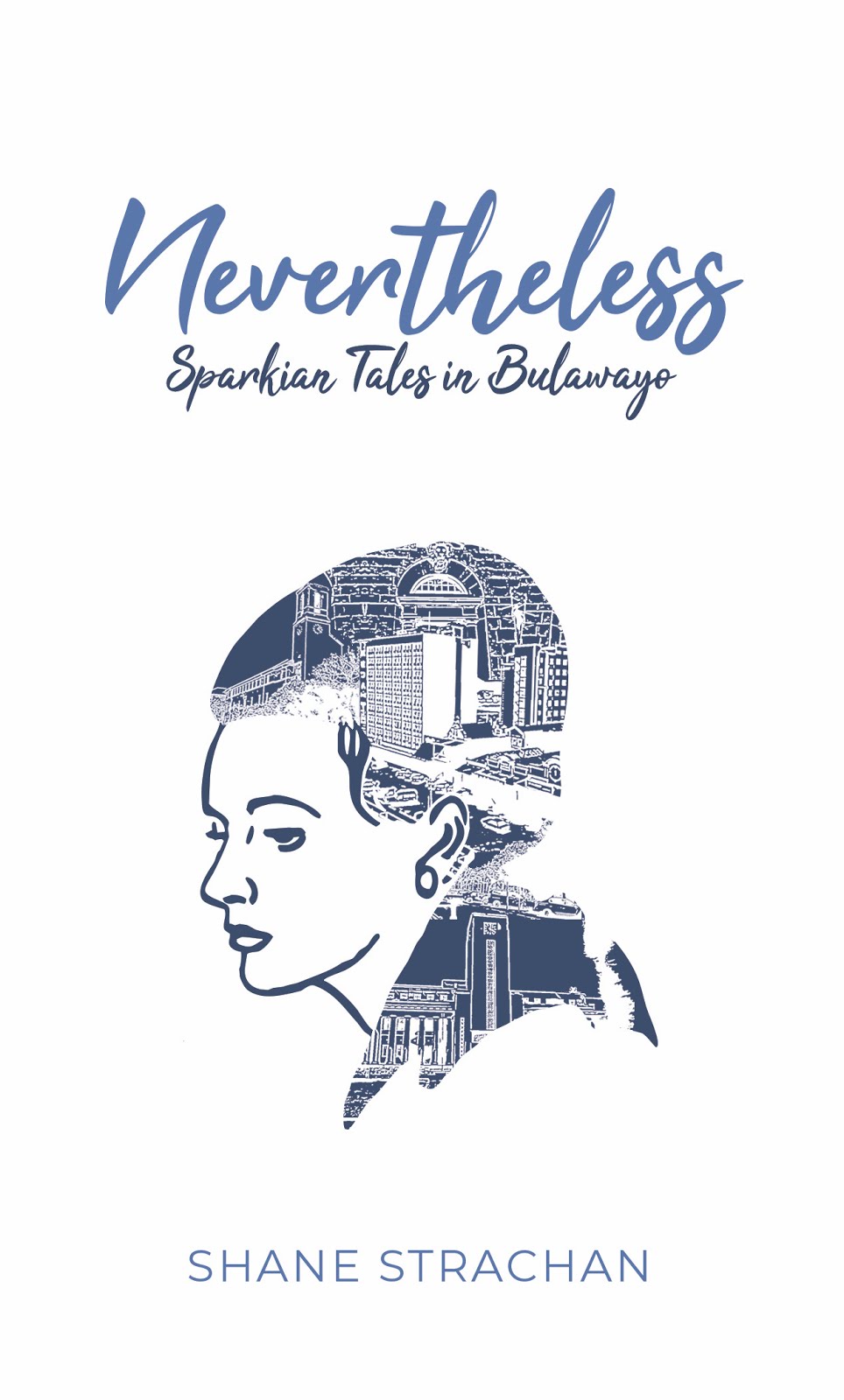





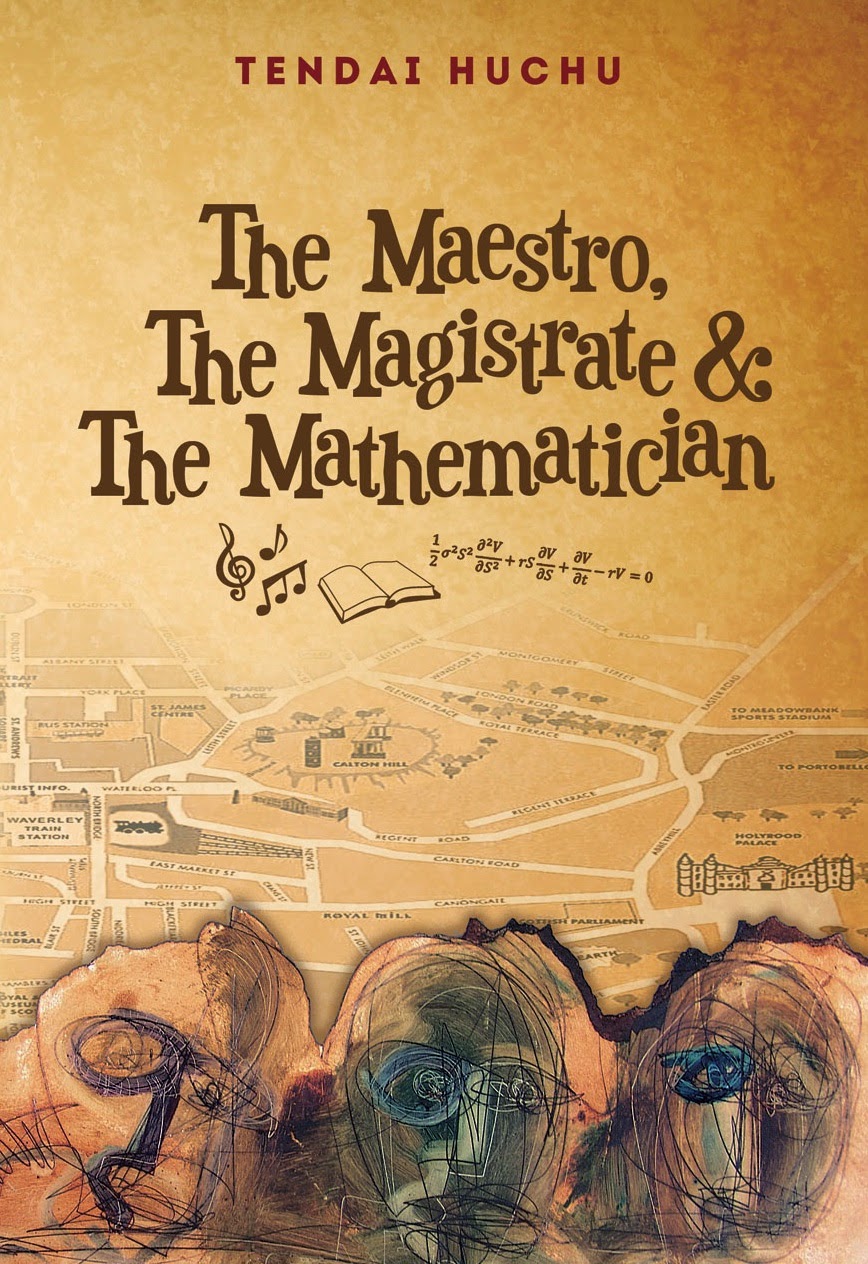

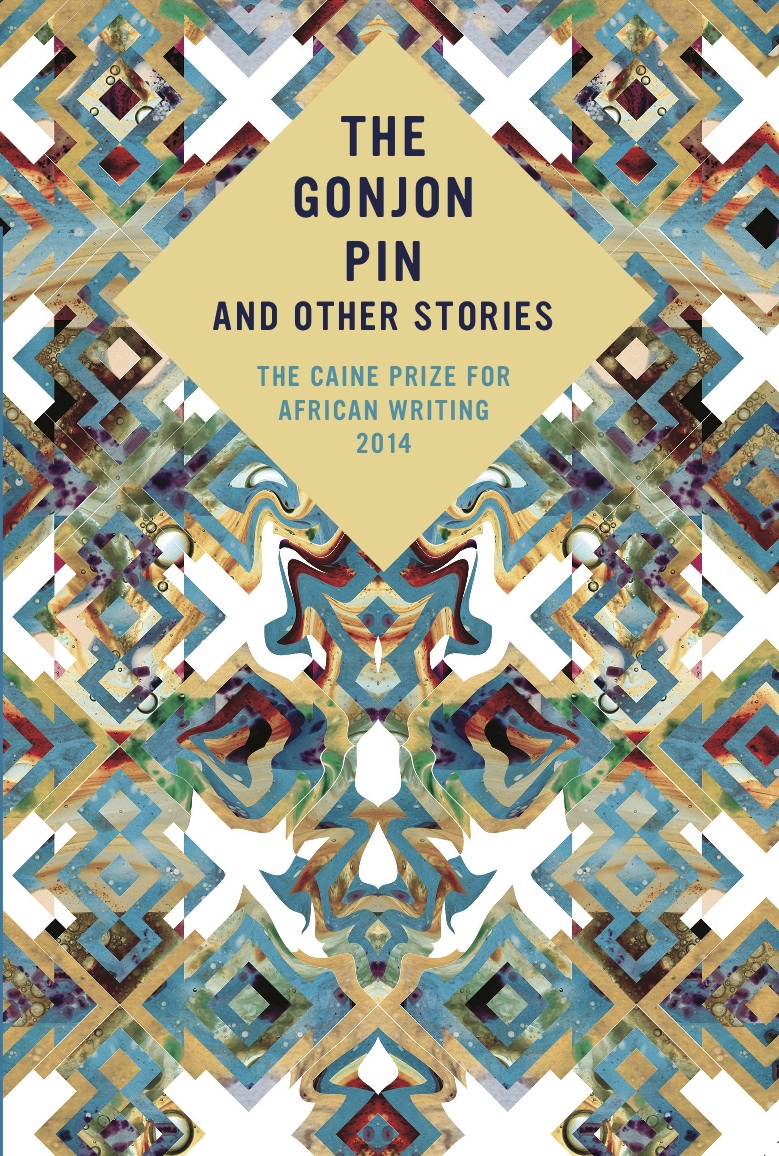
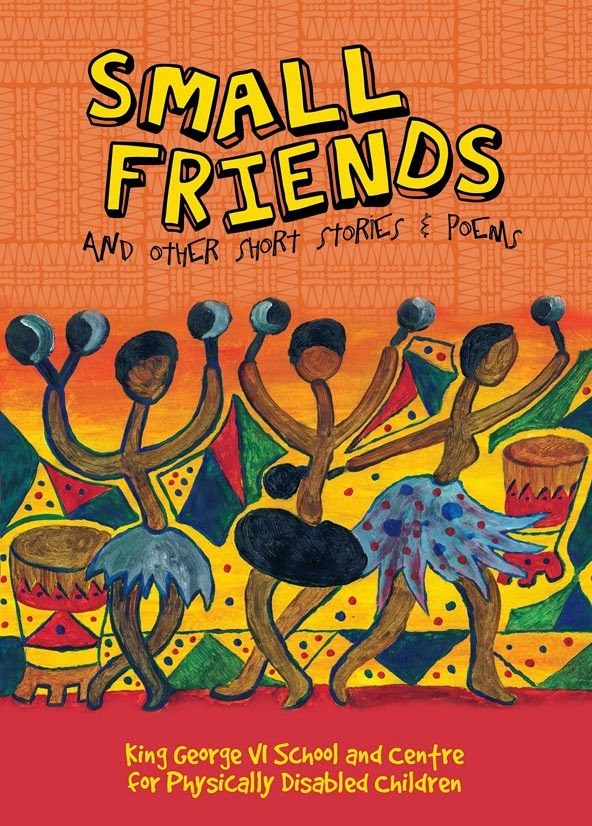
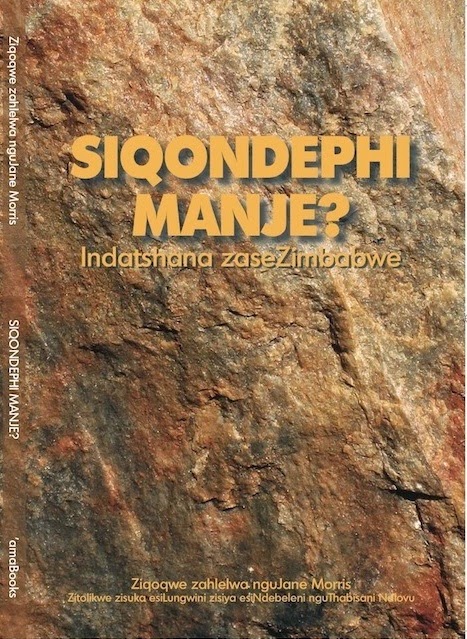
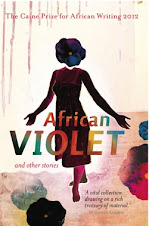

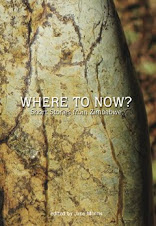
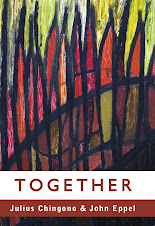
.jpg)

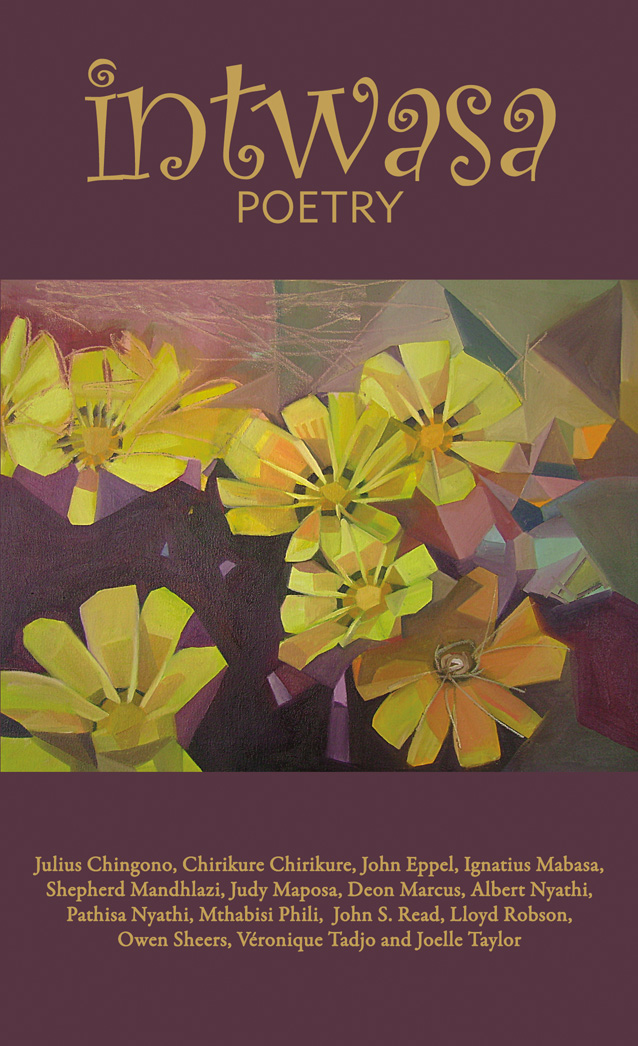


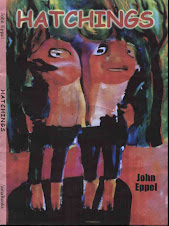













.jpg)

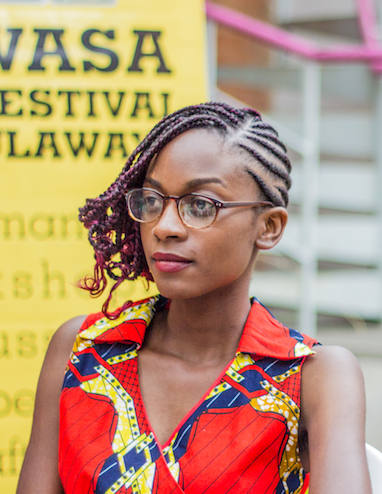









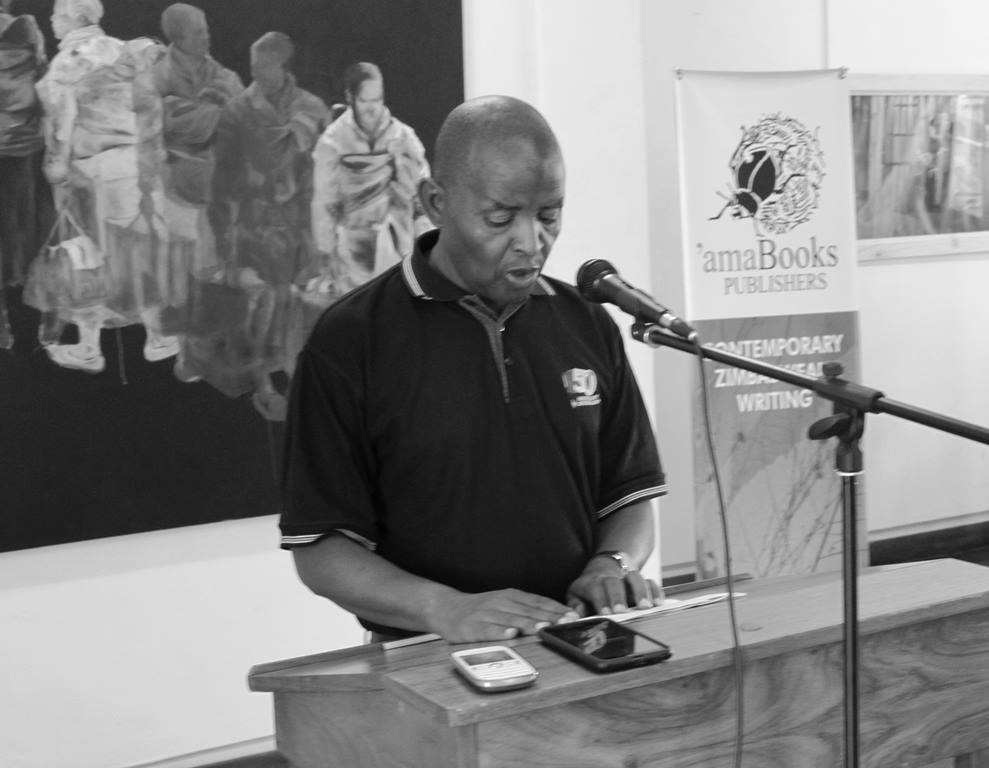


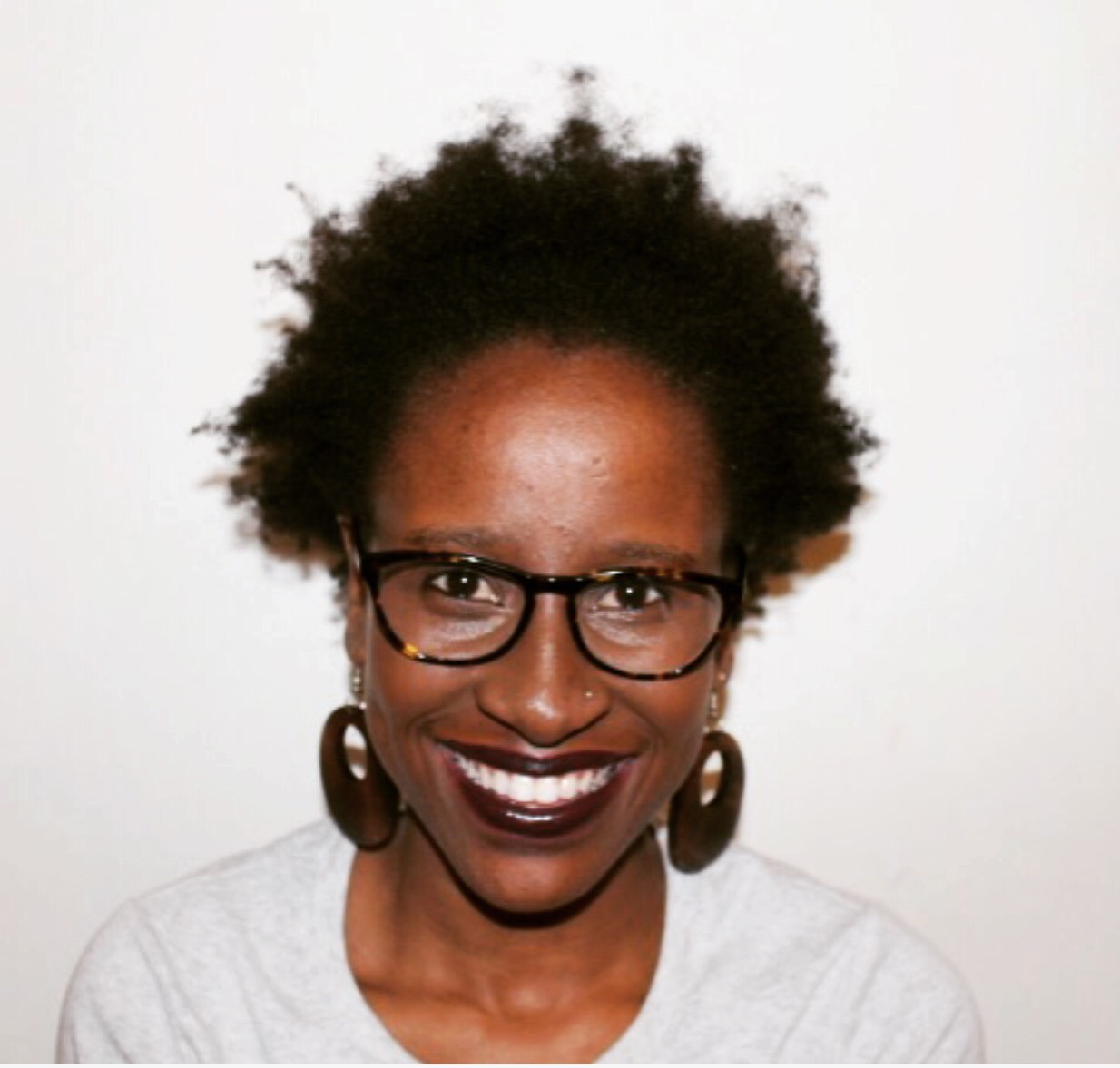













Diana hi, while I agree that the absence of books is a crisis in Zimbabwe, I don't think the thirst for reading has been erased. The economic collapse, which has nay destroyed the publishing industry, has also made books unaffordable. I am sure you have seen the second hand book stall at Avondale, where the cheapest second hand book is $5(!!!!!) and I have had stall holders ask me to bring them books. I also know how hungrily young people, especially in the arts consume literature and crave learning and access to new things. I also know that publishing in Shona has been economically unviable but it must become so again and I am sure it will. I know in the past, libraries were a very strong support system in Zim and perhaps that can be developed. Speaking personally, I have been long trying to figure out how to organise a shipment of say 400 volumes of second hand books to start a modest library as part of First Floor Gallery project. Learning and knowledge are a huge cultural value in Zimbabwe and there is a drive to revitalise Shona culture as a proud tradition -- but there are many challenges including the NGO influence - not to labour the point. Books are only a part of it.
ReplyDelete